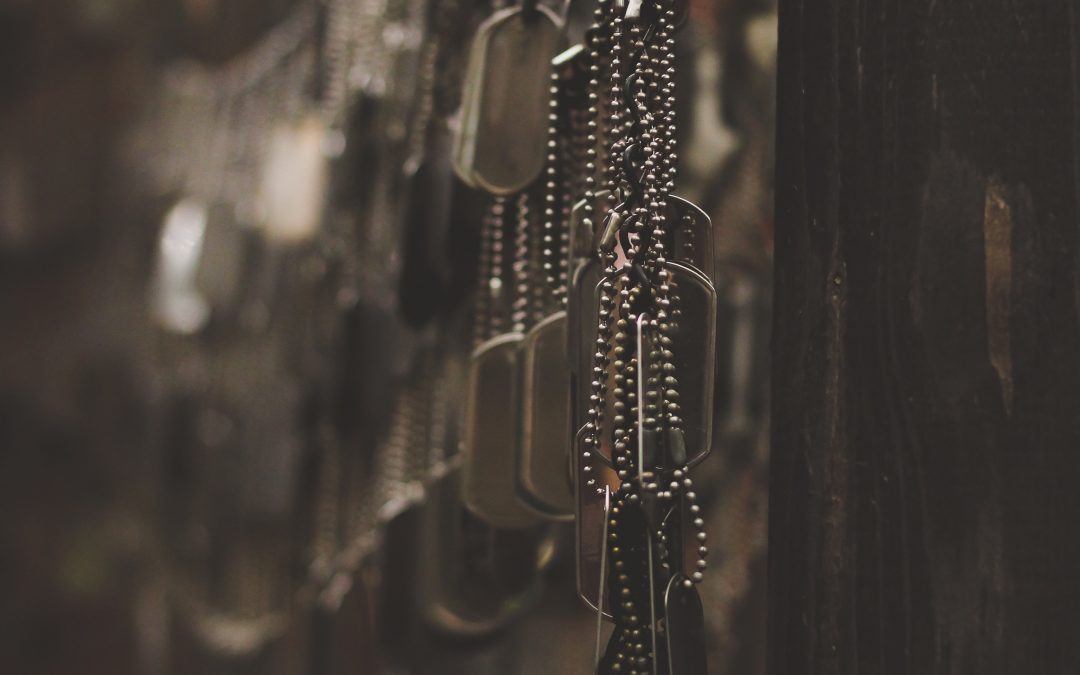In honor of Memorial Day this month I wanted to talk to a veteran about mental health.
Daniel* is in his 60s now but the impact of war can be heard in his voice. In many ways what he doesn’t say tells us more than what he does. Speaking with him reminded me that mental health struggles are something even the strongest among us face and that the impact of trauma can last a lifetime. Post-traumatic stress disorder (PTSD) can affect those who experience trauma. It can force a survivor to relive their experience and exists in varying degrees.
*Not his real name.
How old were you when you joined the military?
I was 18 when I was drafted, 15 years into the Vietnam War. My draft number came up so I knew I would be called up in six months and I decided to go down and just do it right then. I was 21 when I was discharged after 13 months in country.
What branch of the military did you serve in?
The US Army with the Military Police Unit. My dog Fritz was a security dog and we would patrol US air bases. There were areas they wouldn’t want anyone sneaking into that had boobytraps, like landlines and wires, and Fritz would alert us if anyone was trying to get through. There were also areas with people stationed with M16s. If I fired off a flare those guys would open fire. That area was called the “kill zone,” we needed it to keep us safe and protect US property.
Did you ever speak to your fellow soldiers about stress or fear?
Yeah, but it was more like everybody just kind of knew. We could feel each others stress, we didn’t have to say it out loud.
How did your worldview shift after coming home?
I had a different outlook on things than my friends who didn’t go. How I was looking, and seeing things changed. Being out in public was different for me. We looked at every situation as a potential altercation or problem. I became aware of where I sat, having my back to the wall, watching who was around me, using my surroundings.
Do you have any long-lasting effects from serving?
Yeah. I guess I can overreact to things sometimes. Your adrenaline can go from 0 to 100 in a heartbeat. You’re always kind of… [Daniel didn’t finish his sentence and I didn’t want to push him.]
You went to university after being discharged. How did being a veteran impact your experience as a student?
I got to go using the GI Bill which paid me to go to school, not a lot of money but it helped me get through. I got a degree in Political Science, maybe being a veteran had something to do with that but those times were so political it’s hard to say.
Do you think peoples perception of PTSD has changed since you were discharged?
Yes, there are a lot of organizations and research that has gone into it. When my uncle came back from WWII, he had liberated a concentration camp, they called it shell-shock and would say he wasn’t right.
Do you have any fond memories of your time in the military?
Yeah, there were some good people. Coming home was the best memory.
You survived in a high-stress situation, what advice would you give those coping with stress?
Take a deep breath. Think this too shall pass.
Do you ever talk about your time in the military?
When I’m with buddies who have served sometimes we make references, but it was a long time ago now. Sometimes it feels like it happened yesterday but you’ve got to put it in perspective.
-Emma

The views expressed in this blog are my own, and do not necessarily reflect the policies or views of the University of Victoria. I monitor posts and comments to ensure all content complies with the University of Victoria Guidelines on Blogging.
